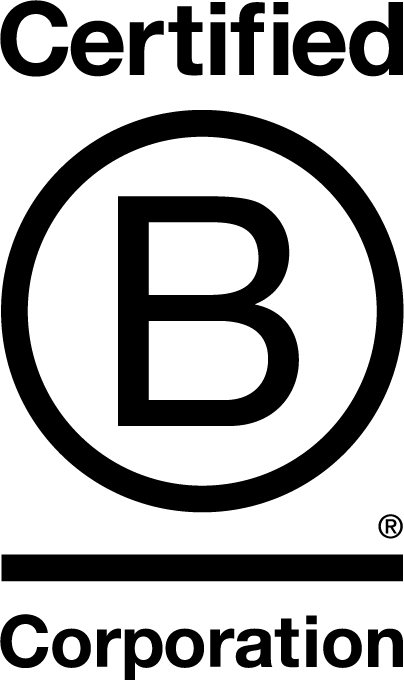Periods! Yep we said it. Periods! Also known as TOM, Aunt Flo, Friends, Visitors, Painters. No matter what the name, we all know the joy when they drop by unexpectedly (said no woman, ever!). Women go through approx. 396 menstrual cycles, that is a period month in month out for approx. 33 years. With this in mind, why do so many women feel awkward saying the “P” word? We all get them, we all live through them so let’s start talking about them. Let’s start the conversation.
It’s time to go back to basics and learn the fundamentals about our menstrual cycle and why we need a period. It’s not just for the obvious reasons but also for understanding our general health. Our period is our bodies way to show us that everything is healthy but also, flag to us when something is not quite right.
So, let’s keep this as simple as possible, period 101, without any quotes or medical jargon, because who really understands those big words anyway.
A menstrual cycle is the changes a woman’s body goes through in order to prepare for a pregnancy. A healthy menstrual cycle usually lasts 28 days however it can be anywhere between 21 and 35 days for an adult woman (21 and 45 days for a teen). There are 3 stages we need to be aware of in the menstrual cycle:
- 1st stage – Follicular phase (7-21 days)
- 2nd stage- Ovulation (1 day)
- 3rd stage- Luteal Phase (10-16 days)
To keep it simple, in order to have a period, we need to ovulate and in order to ovulate we need 2 key hormones, Estrogen and Progesterone.
Estrogen comes in many different forms but the one we want to know about for periods is Estradiol. Estradiol is your happy hormone and is prominent in the first 2 (ish) weeks of your cycle (Follicular phase). Estradiol elevates your mood, promotes healthy bones, muscles, brain, heart, skin and metabolism (that’s why you feel like you can take over the world in the first 2 weeks). However, the main job of estradiol is to grow and thicken the uterine lining so that we can grow a baby (important stuff!). Like most things, there is a catch 22? The more uterine lining, the heavier the period.

So now we know about the follicular phase and the importance for female health, what is the next phase and how do we know when the follicular phase is over? It is over when we ovulate!
Ovulation is the release of an egg. You either ovulate or you don’t (there is no in-between). The average day of ovulation is day 14 but not to worry if it doesn’t happen then, every cycle is different. If it happens later, don’t panic, it just means you have a longer cycle.
Side Note: Want to know how to work out your predicted ovulation date? Count back approx. 2 weeks from the 1st day of your next period.
Once your egg is released it will be whisked away to your fallopian tubes (very romantic) where if a sperm is present, the egg will be fertilised, if not then the uterine lining will shed approximately 2 weeks later. Yep, you guessed it, this is what we know as our period. So why is ovulation so important? Simply put, you need to ovulate to produce progesterone and you need progesterone to have a period.
Remember earlier when we said that the main function for estradiol was to grow and thicken the uterine lining? Well progesterone’s job is to lighten it. Progesterone counterbalances estrogen and is known as a natural pain killer. It also reduces inflammation, builds muscle, promotes sleep and calms your nervous system. When it comes to healthy periods (or pregnancy), we need progesterone.
FYI: You can only get pregnant 6 days of the entire month (whaaaaattttt?). You see, sperm can live for 5 days in the vagina, and ovulation is approx. 1 day. So, if you have unprotected sex 5 days before ovulation, you may become pregnant. However, if you have unprotected sex any other day of your cycle, it is impossible to become pregnant. Better start tracking those dates ladies!
After we ovulate, we enter into the luteal phase which will last between 10-16 days and brings you up to the first day of your period where we start the cycle all over again (phew! What a month).
If you have any questions or would like to know more please don’t hesitate to get in touch by emailing hello@weareriley.com or leaving a comment below.



